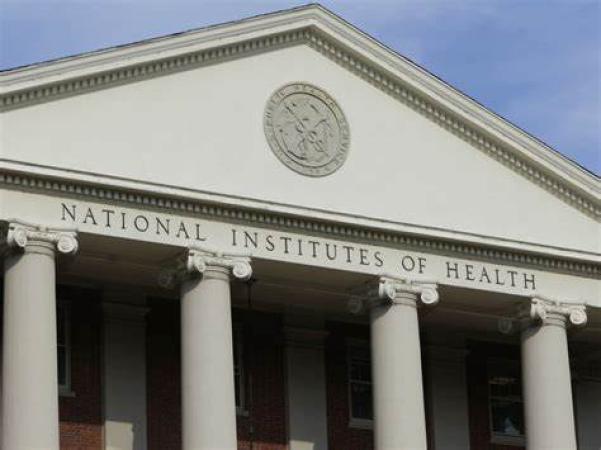Apple Watch Study for AFib Treatment at Risk as NIH Freezes Funding
Angelina Brown, 74, fainted during a workout, leading to a diagnosis of atrial fibrillation (AFib), a condition where the heart’s upper chambers beat irregularly. AFib affects around 10 million Americans and increases the risk of stroke and heart failure due to potential blood clots. Like many patients, Brown was prescribed blood thinners, but she struggled with side effects, including excessive bruising and prolonged bleeding from minor cuts. Even routine dental cleanings became a concern.
Her cardiologist, Dr. Rod Passman of Northwestern University, offered an alternative: joining a clinical trial using an Apple Watch with a modified algorithm to monitor her AFib and administer blood thinners only when necessary.
“Some patients have constant AFib, while others experience it rarely or have been successfully treated. Yet current guidelines recommend lifelong blood thinners for all,” Passman told CNN. “That doesn’t make sense.”
Brown became the trial’s first participant, and it has since enrolled over 1,700 people. If successful, the study could transform AFib treatment by reducing reliance on costly blood thinners with harsh side effects. “This is huge,” Passman said. But the trial’s future is now uncertain.
Funding Freeze Threatens Research
The $37 million NIH-funded study is among hundreds of Northwestern projects affected by a federal funding pause that began in March. While the Trump administration hasn’t formally notified the university, a White House official cited an investigation into alleged discrimination as the reason for withholding $790 million.
An HHS spokesperson linked the freeze to antisemitism allegations, referencing a May 13 inquiry into a “prestigious Midwest university.” Northwestern denies tolerating antisemitism, stating that reports of incidents dropped significantly after proactive measures last summer.
Similar funding pauses have affected Harvard, Columbia, and Cornell, jeopardizing critical research, including Harvard’s long-running study on nutrition and chronic disease. NIH Director Dr. Jay Bhattacharya, a Trump appointee, assured efforts to protect clinical trials at Harvard but couldn’t shield Northwestern’s studies, which are university-administered.
Senator Dick Durbin (D-IL) pressed Bhattacharya on the freeze, which has stalled over 1,300 NIH awards to Northwestern, totaling $81 million. Bhattacharya expressed hope for a resolution but provided no clear path forward.
Patients and Breakthroughs in Limbo
Without restored funding, Northwestern expects its reserves to dry up by fall. “All research is at immediate risk,” said Dr. Susan Quaggin, chair of Northwestern’s Department of Medicine. Halting trials could void years of data and disrupt patient care. “You can’t pause a trial and just restart it later,” she added.
Affected studies include cancer prevention trials testing metformin for lung cancer, a vaccine for Lynch syndrome (a genetic condition linked to colorectal cancer), and personalized tamoxifen dosing for breast cancer risk. Dr. Seema Khan, a Northwestern cancer researcher, noted that 25 other institutions rely on these trials. “We’re facing paralysis,” she said.
The freeze clashes with HHS Secretary Robert F. Kennedy Jr.’s stated focus on disease prevention and reducing overmedication. Khan questioned the disconnect: “I have great difficulty squaring it.”
With no clear resolution, patients like Brown and groundbreaking research hang in the balance.

